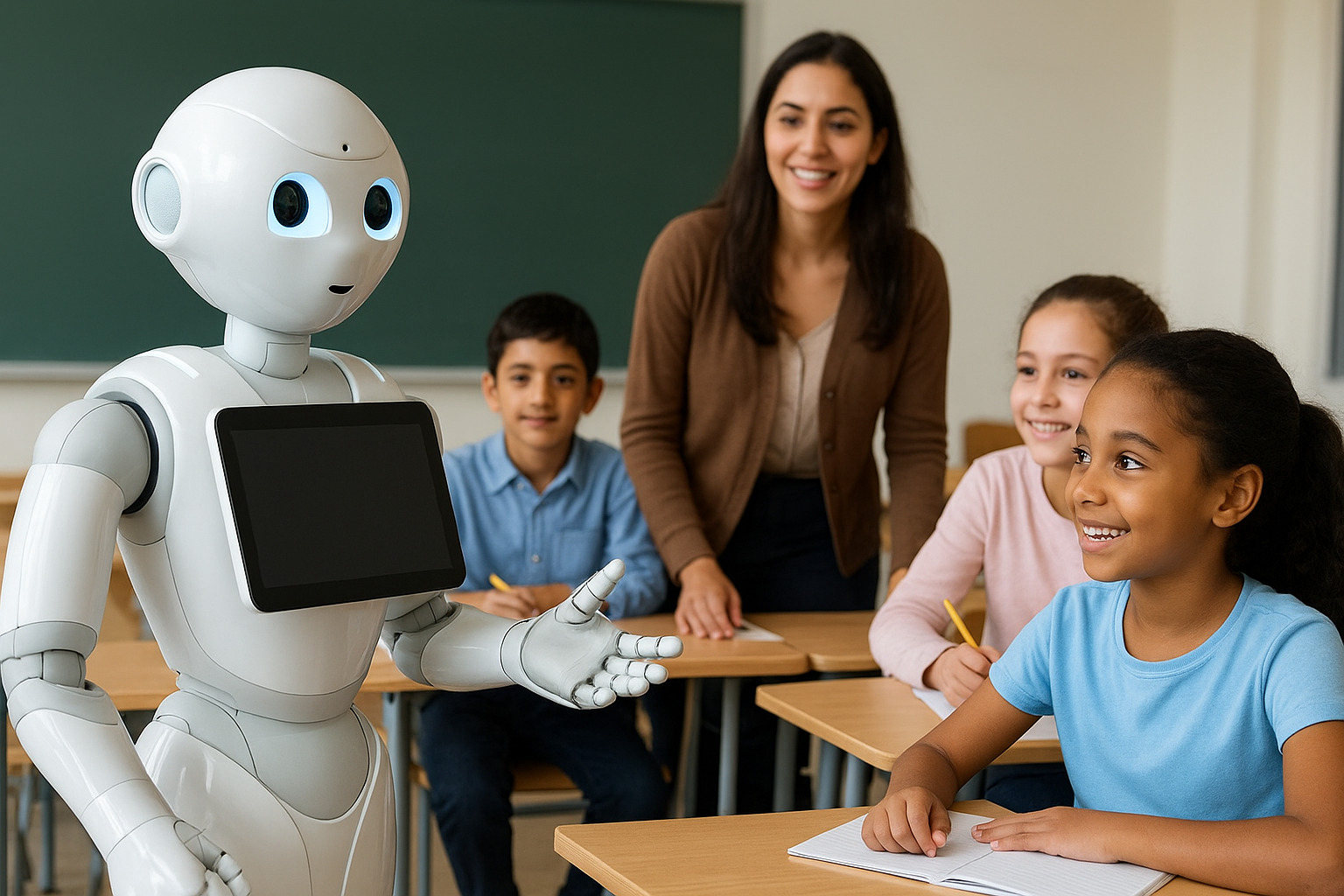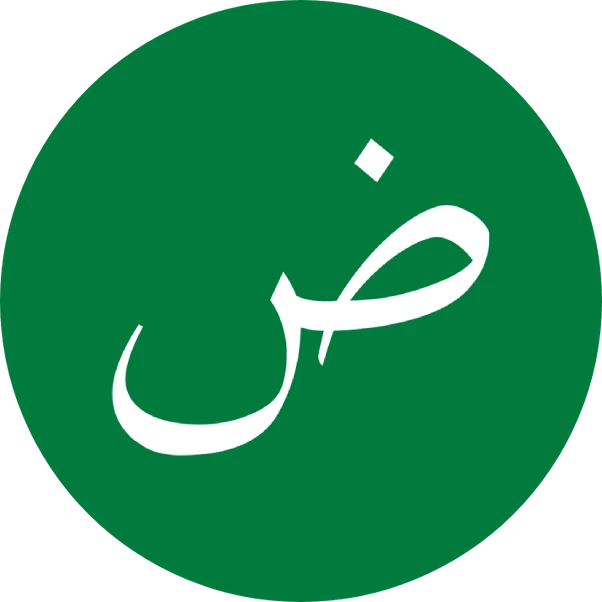
The United Arab Emirates has announced a series of major initiatives for the school sector for the 2025–2026 academic year. The goal: to modernize education, prepare students for future challenges, and strengthen core skills.
Introducing Artificial Intelligence from Kindergarten
For the first time, a national Artificial Intelligence (AI) curriculum will be rolled out in all public schools, from Kindergarten (KG) to Grade 12.
The courses will cover seven key areas:
-
Basic concepts
-
Data and algorithms
-
Software
-
Ethical awareness
-
Practical applications
-
Innovation and project design
-
Community and policy engagement
Nearly 1,000 specialized teachers have been trained to deliver these courses, which will be either integrated into existing subjects or taught as separate modules.
Reform of Exams and Assessments
Centralized exams for the second trimester will be abolished. Instead, students will be assessed through continuous evaluation and school-based exams. Centralized exams will remain only for the first and third trimesters.
This reform aims to reduce academic stress and promote critical and continuous learning.
Project-Based Learning and New Skills Tests
The Project-Based Learning and Assessment (PBLA) model is being expanded to all students in Cycle 2. Students will work on real-life projects, encouraging autonomy, creativity, and teamwork.
At the same time, new standardized tests in Arabic, English, and Mathematics will be introduced for students in Grades 4 through 11.
Strengthening Arabic and Islamic Education
In private schools, Arabic language instruction will increase to 200 minutes per week (40 minutes per day), with plans to reach 300 minutes by 2027–2028.
In Abu Dhabi, the education authority (ADEK) has made four hours of weekly Arabic classes mandatory from kindergarten, with differentiated instruction for native and non-native speakers.
New Schools and Infrastructure Development
Nine new schools will open, providing more than 25,000 seats and hiring around 800 additional teachers.
The government also plans to:
-
Maintain 460 schools
-
Operate 5,500 school buses
-
Distribute 47,000 laptops
-
Print 10 million textbooks
Health, Sports, and Parental Involvement
A new physical, sports, and health education program has been introduced to promote well-being and healthy lifestyles.
At the same time, parental engagement is being strengthened through the creation of 520 parent councils, involving over 6,000 members.
Inspiring and Empowering Students
Three national campaigns aim to showcase role models and develop student talent:
-
From Skill to Leadership
-
My Inspiring Family
-
Inspiring People in the Field
Financial Education in the Curriculum
Finally, the launch of the Young Investor program will allow 75,000 students to gain practical skills in money management and investment, directly connected to real-life applications.
Conclusion
Through these ambitious reforms, the United Arab Emirates reaffirms its commitment to building a forward-looking education system — one that embraces modern technologies, multilingualism, health awareness, and active family participation.
The 2025–2026 academic year thus marks a pivotal milestone in the nation’s educational transformation.



